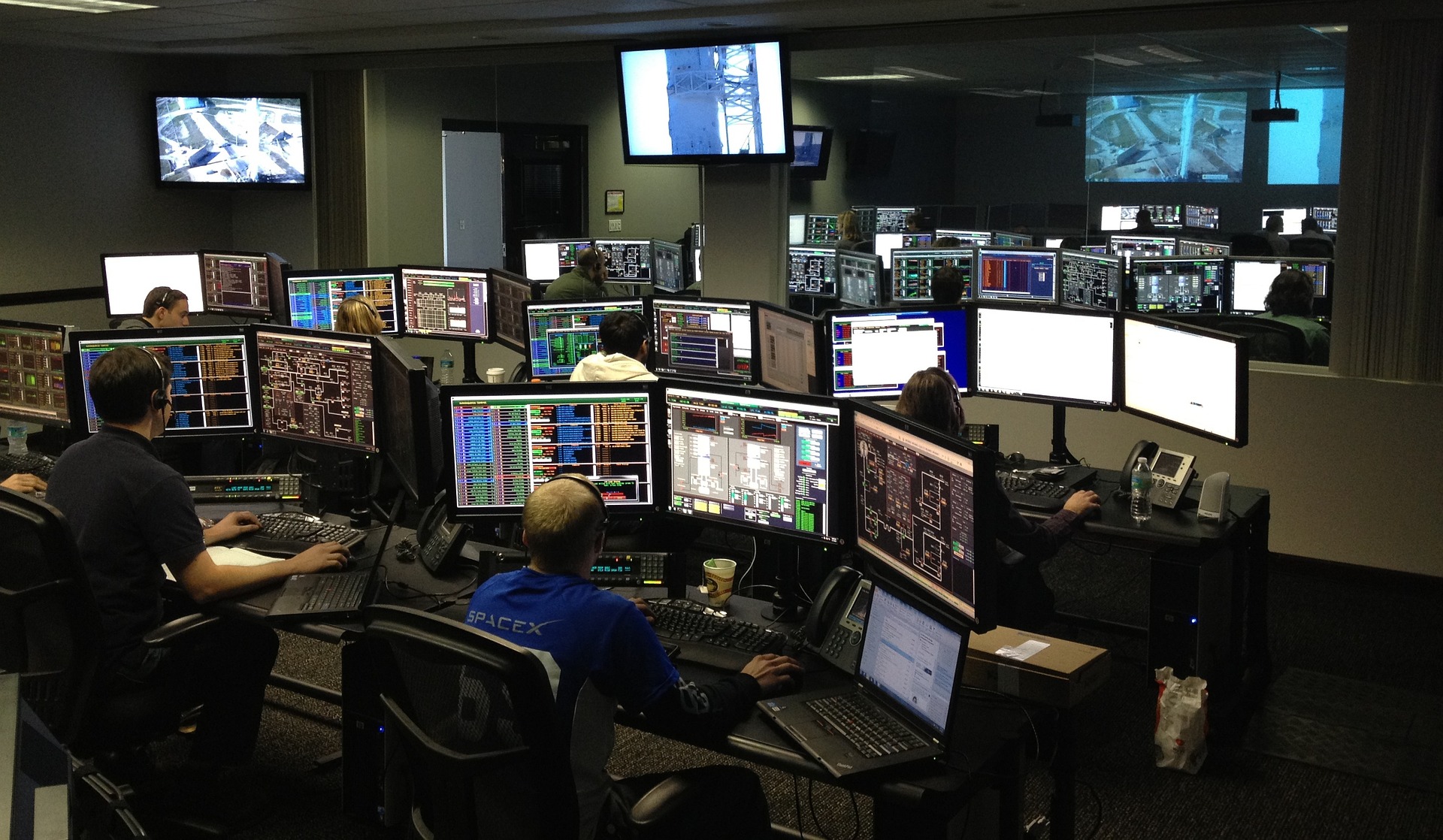Currently, the US Space Agency (NASA) is monitoring 25 thousand objects in orbit around the Earth, but due to the plans of SpaceX, owned by American billionaire Elon Musk, their number may double, which could have serious consequences.
The American Space Agency (NASA) has expressed concern about the implementation of the Starlink satellite program of the private company SpaceX. In a letter sent to the Federal Communications Commission, the U.S. agency responsible for communications lines and satellites, the space agency said: «NASA is concerned about the potential increase in the number of collisions and the potential impact on scientific unmanned and manned space missions.»
SpaceX, owned by Tesla founder and multi-billionaire Elon Musk, has already received the appropriate permission from the authorities to launch 12 thousand satellites designed to provide access to broadband Internet in remote areas of the world. In addition, the company also submitted an application for approval of another 30 thousand satellites of the 2nd generation within the framework of the Starlink program.
«The number of tracked objects will double,» NASA officials say. According to them, the implementation of the Starlink program will more than double the number of objects monitored in Earth orbit and more than 5 times increase the number of objects at a distance of less than 600 km from the Earth’s surface. According to the space agency, at the moment a total of 25 thousand objects are regularly monitored in orbit around the Earth, of which about 6,100 are located at a distance of less than 600 km from the Earth’s surface. SpaceX has not responded to the statement of the space agency in the short term.
Astrophysicist Jonathan McDowell, who is a member of the American Astronomical Society, also stressed that he would be concerned about the increase in the number of satellites interfering with astronomical observations. In his opinion, it makes sense to first gain more experience with several thousand satellites before increasing their number to several tens of thousands.
The risk of collisions of satellites and other space objects in orbit around the Earth is also increasing due to the fact that competing companies such as Amazon and Dish Network are also working on their own satellite programs. They realize that overlapping orbits can lead to a sharp increase in risks.
In mid-January, Elon Musk wrote on his Twitter page that 1,469 Starlink satellites are currently active, and the remaining 272 will soon be put into orbit.
Earlier it was reported that on Tuesday, February 8, SpaceX representatives reported that 40 new Starlink satellites crashed due to a solar storm.















